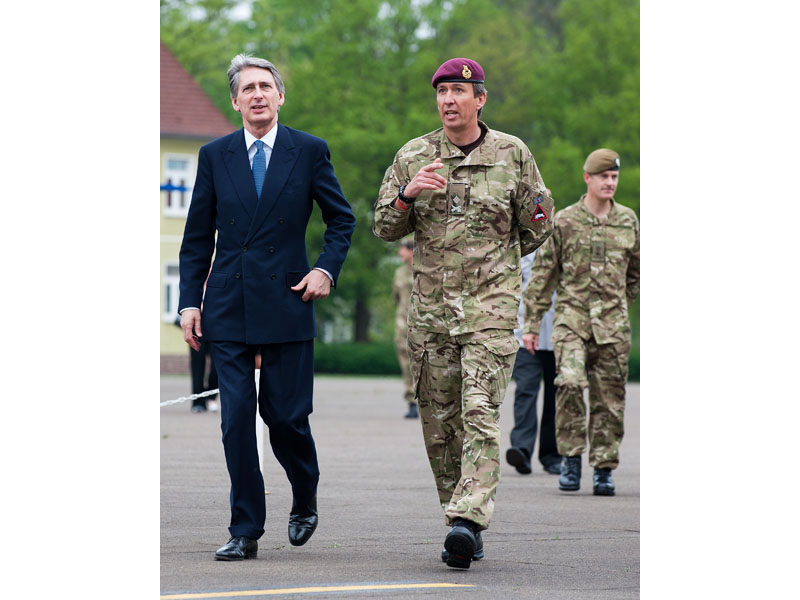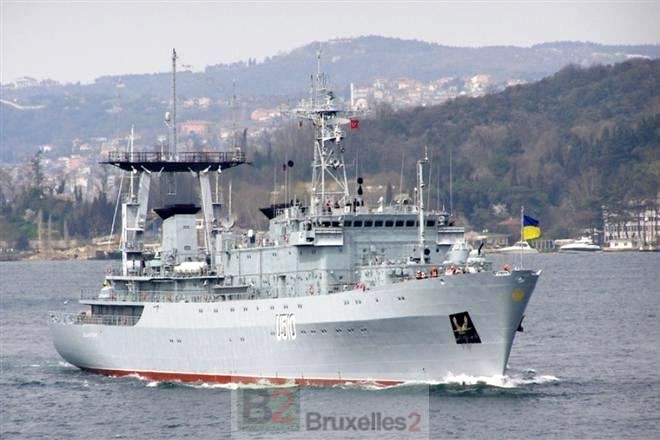Lessons from the Georgian conflict for Defense Europe. 1st Sketch
(B2) 1° Defense Europe (ESDP): one more stripe? In the Georgian affair, NATO appeared, here, discredited. Too biased, too reflective of the American point of view. The theoretical example so far quoted in several seminars on defense has become reality in the Russian-Georgian conflict: 1) the UN is paralyzed in its intergovernmental and multinational functioning and the Russian-American antagonism (like a return to the classic Cold War scenario); 2) NATO is neutralized by its quasi-belligerent status; 3) The other regional organizations (Osce, Council of Europe, etc.) have no means of intervention other than speech or law (therefore no military means). Only the European Union thus remains on the scene, whose absence of a single thought in terms of foreign policy – so often decried – is here a guarantee of its ability to intervene. Not because it is neutral - a political organization is not neutral -, but because it must be impartial, because of these internal differences in sensitivity. A Union which has proven in the past, however, that it has some capabilities (even if they are limited) for military intervention (Chad), military-civilian (Kosovo) or border surveillance (Transnistria-Moldova-Ukraine). This is called the European Defense and Security Policy (ESDP). As a result, the priorities of the French presidency in terms of defense (see interview with H. Morin) are regaining some luster, in particular that of strengthening the planning capacities of the EU Military Staff. NB: we can notice, with a bit of irony, that among those who are crying out for a more military peacekeeping force, there is one of the countries least inclined to support European defense ( the British) or those who have very few resources to provide (the Baltics).
2° The accession of Georgia and Ukraine to NATO: not for tomorrow? Two points of view can oppose each other. Either we justify - a priori - the usefulness more than ever of getting these two countries to join NATO, as quickly as possible, to protect them from a new Russian "aggression". Either on the contrary, it is real politicism that speaks. "You have to understand that on this continent, there is us and Russia" explained on his entry to the exceptional Council of Ministers of August 13, the Luxembourg Minister for Foreign Affairs, thus publicly evoking what everyone thinks to himself: a sharing of areas of influence. Tendency: Since NATO is an organization where unanimity is necessary for membership, the second option seems more realistic.
3° The anti-missile shield: to be completed urgently? This is probably the fastest consequence. There too two points of view can oppose each other. On the one hand, we can say that the usefulness of the anti-missile shield is more important than ever today, not in its “protection against Iran” version but “protection against the Russian neighbour”. Poles and Americans have an interest in silencing their differences. All the more quickly as the elections are approaching in the United States and a change of majority could lead to a change of priority. On the other hand, one could say: let's not upset our Russian friends, once again, and let's abandon this project. Trend: the anti-missile shield being a uniquely American project, where the decision is not multilateral, but bilateral, it is the first option that seems more plausible. A point of view which seems to be confirmed on the ground (see other article).
Another consequence is the increase in military budgets. Already the Russians have indicated that this budget should be revised upwards. Several billion rubles, according to the daily Vedomosti. Provision must be made for the purchase of drones - which the Russian army lacks - and Topol missiles to ensure its strategic autonomy. The conflict with Georgia showed how the Georgians had better armament according to the Russians. Just the equipment and modernization of the troops present in the Caucasus would cost 1,382 billion euros. Trend: from this new revival of the arms race, it is not certain that the Americans will emerge victorious, as they had emerged from the previous one.
(NGV)

